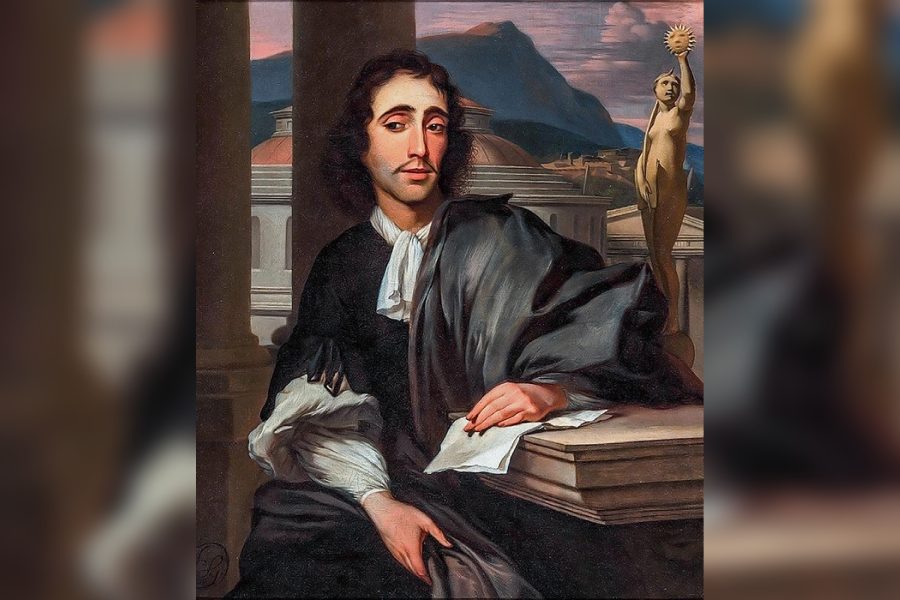Books: THE COINCIDENCE PLOT
Author: Anil Menon
Published by: Simon & Schuster
Price: Rs. 599
What constitutes a coincidence? An occurrence that defies the general rules of causality and relatedness? Everyone of us can relate to at least one such incident that seems oddly impossible to have occurred. The Coincidence Plot offers a meditation on coincidence and on god. For believers, discovering coincidences is to discover god’s grand plan. The unexplainable nature of coincidences is taken as valid evidence of god’s existence; the inability to make connections or see relatedness of incidents, on the obverse, only speaks of humanity’s limitations.
Baruch Spinoza, a 17th-century philosopher, declined to believe in either a Judaeo-Christian god or a chain of events tied to a predefined end. He became the cursed Jew of Europe. No connecting of dots would yield in this novel. It is Spinoza’s god reigning over this narrative. Anil Menon develops his characters around the axis of Spinozian philosophy, mathematical un/certainty, and the improbability of coincidence. A mathematician escaping Nazi Germany finds himself working on Spinoza’s thesis after a half-done work on the uncertainty of mathematical proofs; the character and his near-obsession with Spinoza motivate the two other major characters to write a novel each relating the life of the former and completing the project of “ontological proof for the existence of God”. A missing manuscript of the mathematician and its chance reappearance propel the project of writing the definitive book proving god’s existence for both. Finally, the one publishing the novel proves to have failed in deciphering Spinoza’s god. The unpublished one remains faithful to Spinoza’s vision of god as it represents the incompleteness of an ever-forming world that doesn’t bear fixed ends. As a metanarrative, the closure offers an insight into the abruptness and the inconsequentiality of the plot. A world that may not make sense. It is a revolt against Julian Barnes’ approach in fiction of admitting no coincidences.
It may be difficult for a reader to grasp the plotline of this novel. The reason being it has no plot, at least, not in the sense of our familiarity. Delving into multiple spaces and locales, it offers, at best, an intersection of many lives with no fixed ends. On being narrated a bizarre plotline, a lower-middle-class character brought up on filmi masala requests the main character to change the ending or write something palatable. Our novelist (who could be a mouthpiece of Menon?) retorts, “… there was a reason for everything in life. Yet our lives weren’t stories. That was a hard concept to grasp, but it had to be understood.” Miming life, the novel contains incidents unrelated, often unrequired, and one would be hard-pressed to imagine the relevance of such episodes. The trajectory of lives of the characters, tied to each other, move owing to coincidences. An aunt’s love interest is engaged to niece, and they are slated to get married. Before the marriage could materialise, the fiancé and the fiancée’s childhood friend commit an adulterous affair. And numerous fallouts bring other set of characters closer, though the details of these partings and coming together are withheld, leaving much to imagination.
Menon succeeds in churning out an imperfect world of happenstance. The author doesn’t brush aside the conventional ways of reading and decoding a narrative. Rather, he affirms that every narrative has elements that spill over the designated boundaries of logos. After quoting a bunch of reasons for taking up the writerly vocation, Rama Rao finally settles for ‘ittifaq’. Who are we? And how we become who we are? The substance (not in the Spinozian sense) of each of us: a plethora of incidents bearing an impressionable mark govern the trajectories of our being. And, yet, after recounting everything else, we would have to acknowledge that special ingredient called ittifaq.










